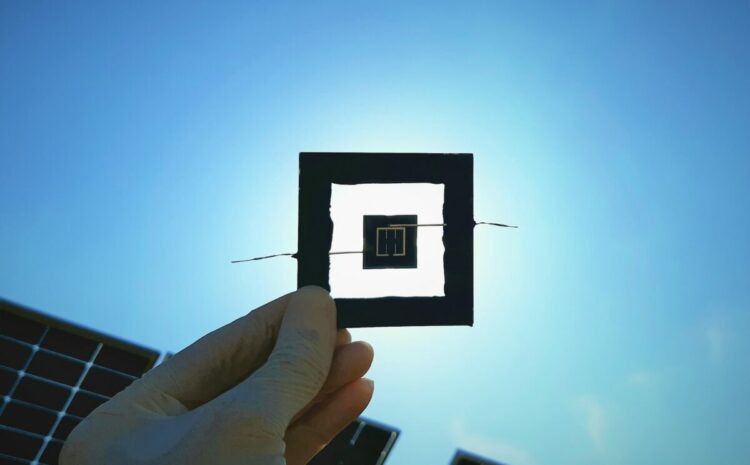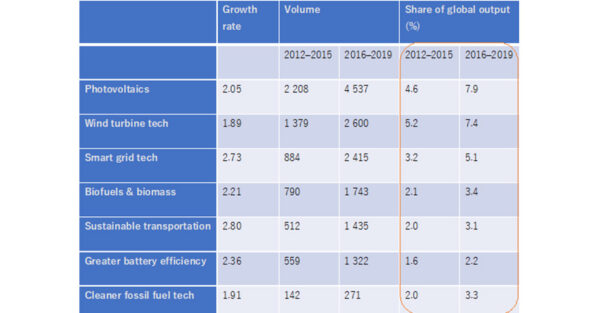UNESCO reports rapid growth of solar research in Arab countries

Arab countries are “punching above” their weight in their contribution to academic research on photovoltaics, according to analysis by UNESCO. The region is expanding its global share of scientific publishing across all key energy topics, but it is highest in solar.
The Arab countries of the Middle East and North Africa doubled their scientific output in research on renewable energy sources between 2012 and 2019, according to UNESCO.
Findings published in the global agency’s “Science Report 2021” state that Arab countries have increased their global share of academic articles on solar photovoltaics to almost 8% by the end of the last decade.
This was up from a 4.6% share of the world’s academic articles on solar halfway through the last decade and is higher than the region’s share of research in any other area of renewable energy research.
New analysis from UNESCO says this means the Arab region is now “punching above its weight for this topic,” as Arabs account for 5.3% of the global population.

Of the Arab nations, Saudi Arabia has published the most scientific output on solar, followed by Algeria, Egypt, Morocco and Iraq.
When comparing the volume of publications to the population of a country, to measure the intensity of scientific output on solar photovoltaics, Qatar ranks highest, followed by Saudi Arabia, Tunisia, United Arab Emirates and Jordan.
Despite accelerating output, research expenditure remains well beneath 1% of gross domestic product in most Arab nations.
The two notable exceptions are Egypt, where research expenditure was 0.96% of GDP in 2021, compared to 0.53% in 2011 and the United Arab Emirates, which totaled 1.50% of GDP of research expenditure in 2021, up from 0.49% in 2011.